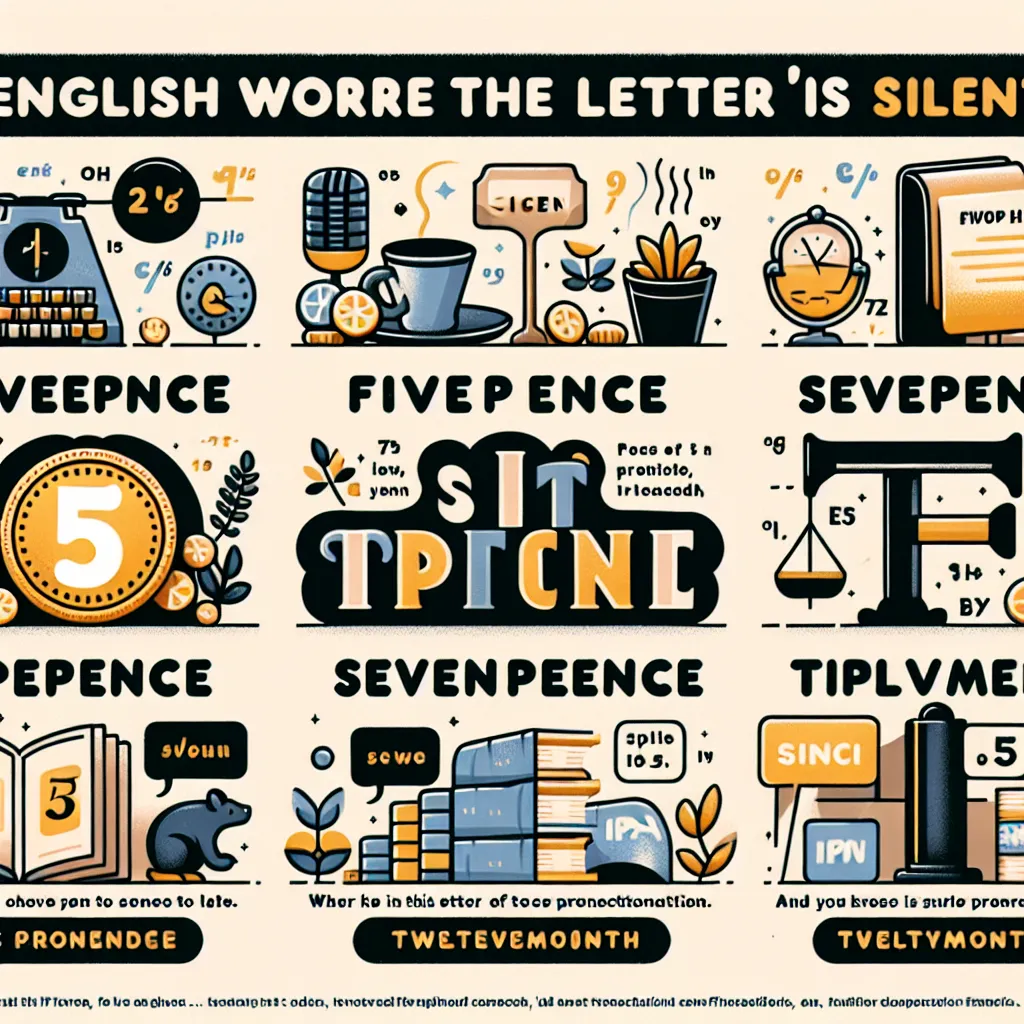Learning English pronunciation can be challenging, but practicing with friends can make it enjoyable and highly effective. This article will explore various techniques and strategies for improving your pronunciation skills while socializing with your peers.
Why Practice Pronunciation with Friends?
Practicing pronunciation with friends offers numerous benefits. It creates a comfortable environment for learning, provides immediate feedback, and makes the process more engaging and fun. Moreover, it allows you to practice real-life conversations and improve your overall communication skills.
 Friends practicing English pronunciation
Friends practicing English pronunciation
The Importance of Peer Practice
Peer practice helps you:
- Overcome shyness and build confidence
- Learn from each other’s mistakes
- Stay motivated and accountable
- Develop active listening skills
- Improve your ability to give and receive constructive feedback
Fun Techniques for Practicing Pronunciation with Friends
1. Tongue Twister Challenges
Tongue twisters are an excellent way to practice specific sounds and improve your overall articulation. Challenge your friends to master difficult tongue twisters and make it a fun competition.
Examples:
- “She sells seashells by the seashore”
- “Peter Piper picked a peck of pickled peppers”
- “How much wood would a woodchuck chuck if a woodchuck could chuck wood?”
2. Pronunciation Karaoke
Choose popular English songs and organize a pronunciation-focused karaoke session. Focus on mimicking the singer’s pronunciation rather than singing perfectly. This technique helps improve your rhythm, stress, and intonation.
3. Minimal Pair Games
Create games using minimal pairs (words that differ by only one sound). For example:
- “Ship” vs. “Sheep”
- “Fan” vs. “Van”
- “Think” vs. “Sink”
Take turns pronouncing these words and have your friends guess which one you’re saying. This game helps sharpen your ability to distinguish and produce similar sounds.
4. Role-playing Scenarios
Develop short role-playing scenarios that focus on specific pronunciation challenges. For example, create a restaurant scene where you practice words related to food and ordering. This technique helps you practice pronunciation in context and improves your overall fluency.
5. Pronunciation Scavenger Hunt
Create a list of words or phrases containing specific sounds you want to practice. Then, go on a scavenger hunt with your friends to find objects or situations related to those words. When you find an item, practice pronouncing it correctly.
Effective Strategies for Group Practice
1. Use Technology
Utilize language learning apps and websites that focus on pronunciation. Many of these tools offer group features, allowing you to practice and compete with friends. Some popular options include:
- Duolingo
- ELSA Speak
- Pronunciation Coach
For more ideas on using technology for pronunciation practice, check out our article on how to master pronunciation using English TV shows.
2. Create a Pronunciation Journal
Encourage each member of your group to keep a pronunciation journal. Record challenging words, phrases, or sounds, and practice them together during your meetups. This method helps track progress and identifies areas that need more focus.
3. Implement the “Mirroring” Technique
The mirroring technique involves imitating a native speaker’s pronunciation, intonation, and facial movements. Watch English videos together and practice mirroring the speakers. This technique helps improve both pronunciation and non-verbal communication.
4. Organize Regular Pronunciation Workshops
Set up weekly or bi-weekly pronunciation workshops with your friends. Each session can focus on a specific sound or aspect of pronunciation, such as:
- Vowel sounds
- Consonant clusters
- Word stress
- Sentence intonation
Take turns leading the workshops to share the responsibility and learn from different teaching styles.
5. Practice Active Listening
Develop active listening skills by paying close attention to each other’s pronunciation. Provide constructive feedback and suggestions for improvement. This practice not only helps the speaker but also sharpens your own listening and analytical skills.
Common Pronunciation Mistakes and How to Avoid Them
When practicing with friends, be aware of these common pronunciation errors:
- Mispronouncing “th” sounds: Practice words like “think,” “this,” and “the”
- Confusing long and short vowel sounds: Focus on minimal pairs like “ship” vs. “sheep”
- Incorrect word stress: Pay attention to multi-syllable words like “photograph” vs. “photographer”
- Silent letters: Practice words like “listen,” “knife,” and “psychology”
- Linking words in connected speech: Work on phrases like “What’s your name?” and “How are you?”
To address these issues, incorporate specific exercises targeting these problem areas into your group practice sessions.
The International Phonetic Alphabet (IPA) and Commonly Mispronounced Words
Familiarize yourself with the International Phonetic Alphabet (IPA) to improve your pronunciation accuracy. Here are ten commonly mispronounced English words related to friendship and social interactions, along with their IPA transcriptions:
- Friend: /frend/
- Colleague: /ˈkɒliːɡ/
- Acquaintance: /əˈkweɪntəns/
- Camaraderie: /ˌkæməˈrɑːdəri/
- Relationship: /rɪˈleɪʃənʃɪp/
- Pronunciation: /prəˌnʌnsiˈeɪʃən/
- Conversation: /ˌkɒnvəˈseɪʃən/
- Communicate: /kəˈmjuːnɪkeɪt/
- Enthusiasm: /ɪnˈθjuːziæzəm/
- Collaboration: /kəˌlæbəˈreɪʃən/
Practice these words together, focusing on the correct stress and individual sounds.
 International Phonetic Alphabet chart for English pronunciation
International Phonetic Alphabet chart for English pronunciation
Conclusion
Practicing pronunciation with friends is an enjoyable and effective way to improve your English speaking skills. By incorporating fun games, utilizing technology, and implementing structured practice sessions, you can make significant progress in your pronunciation journey. Remember to stay consistent, provide constructive feedback, and most importantly, have fun while learning together.
To further enhance your English language skills, consider exploring our articles on how to practice English by writing letters and effective ways to practice English without a partner. These resources will complement your pronunciation practice and help you become a more well-rounded English speaker.
We’d love to hear about your experiences practicing pronunciation with friends. Share your favorite techniques or challenges in the comments below!




